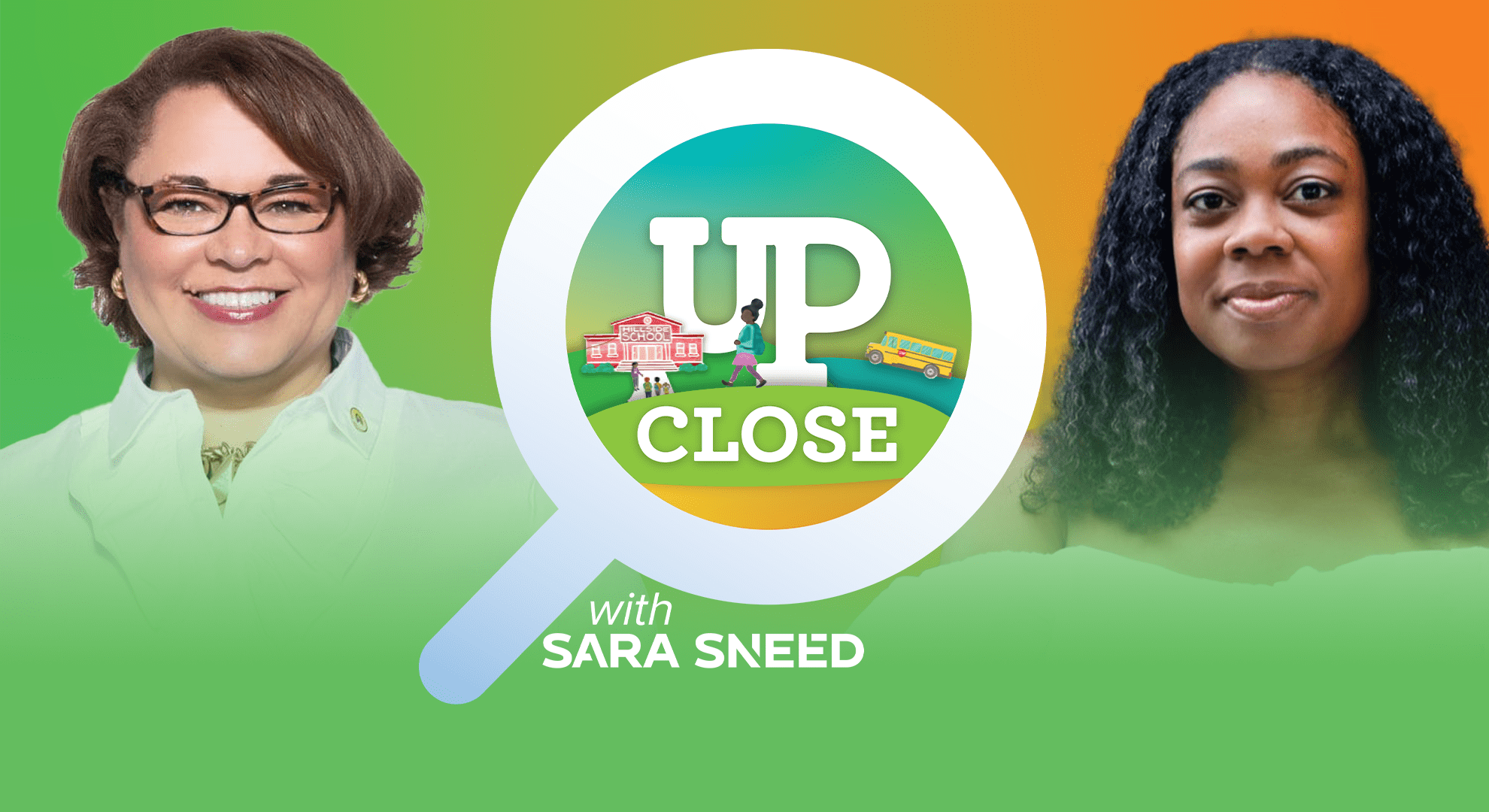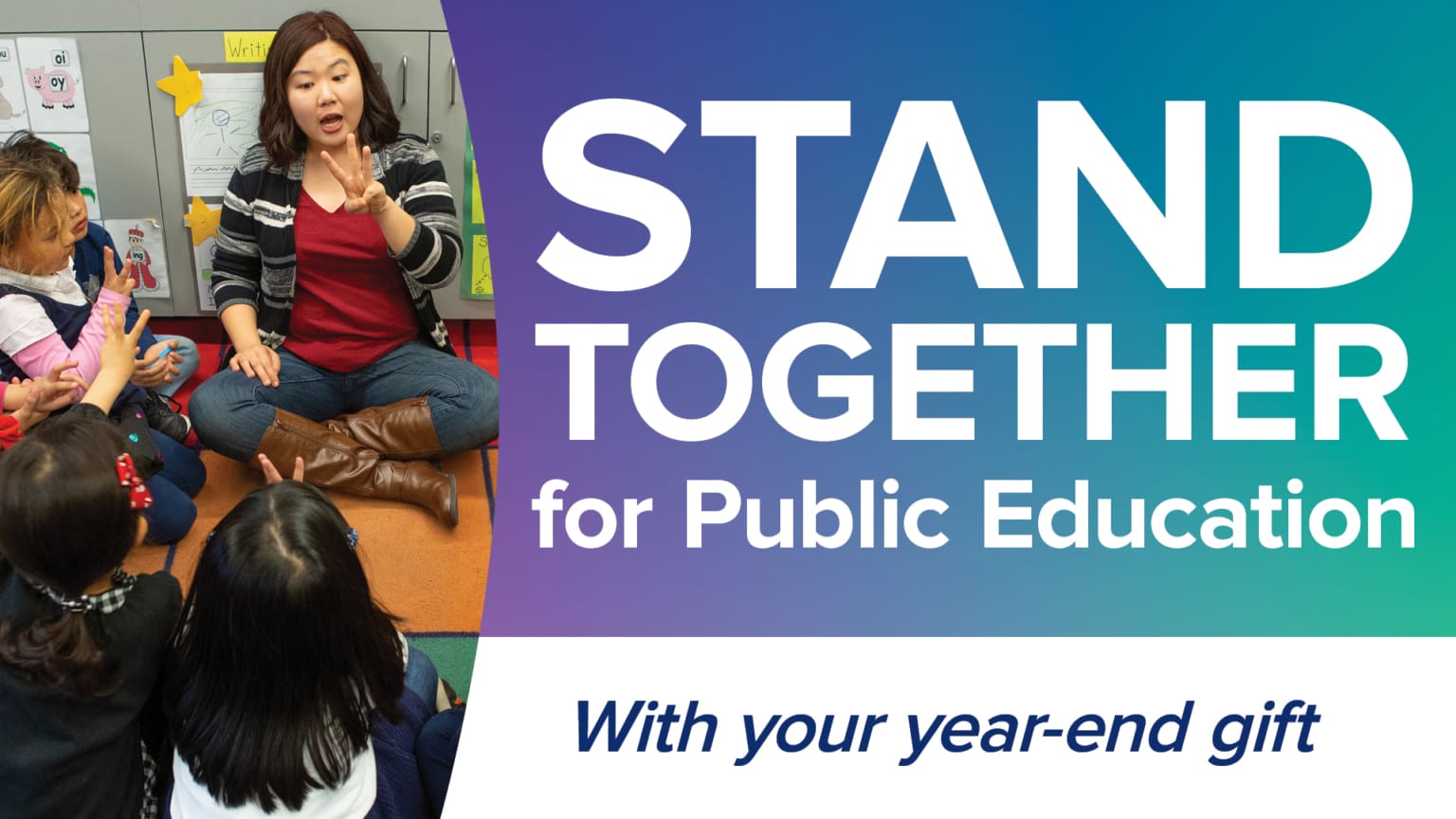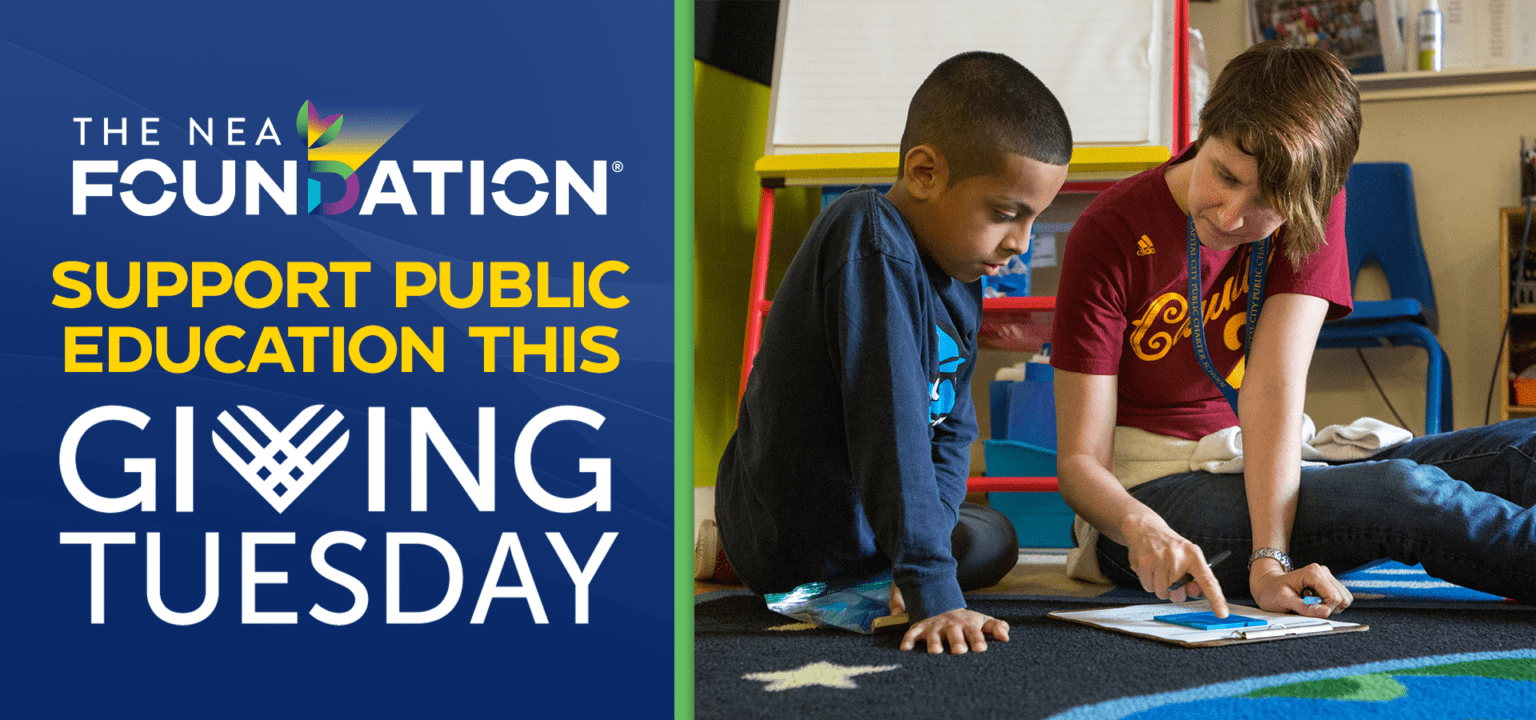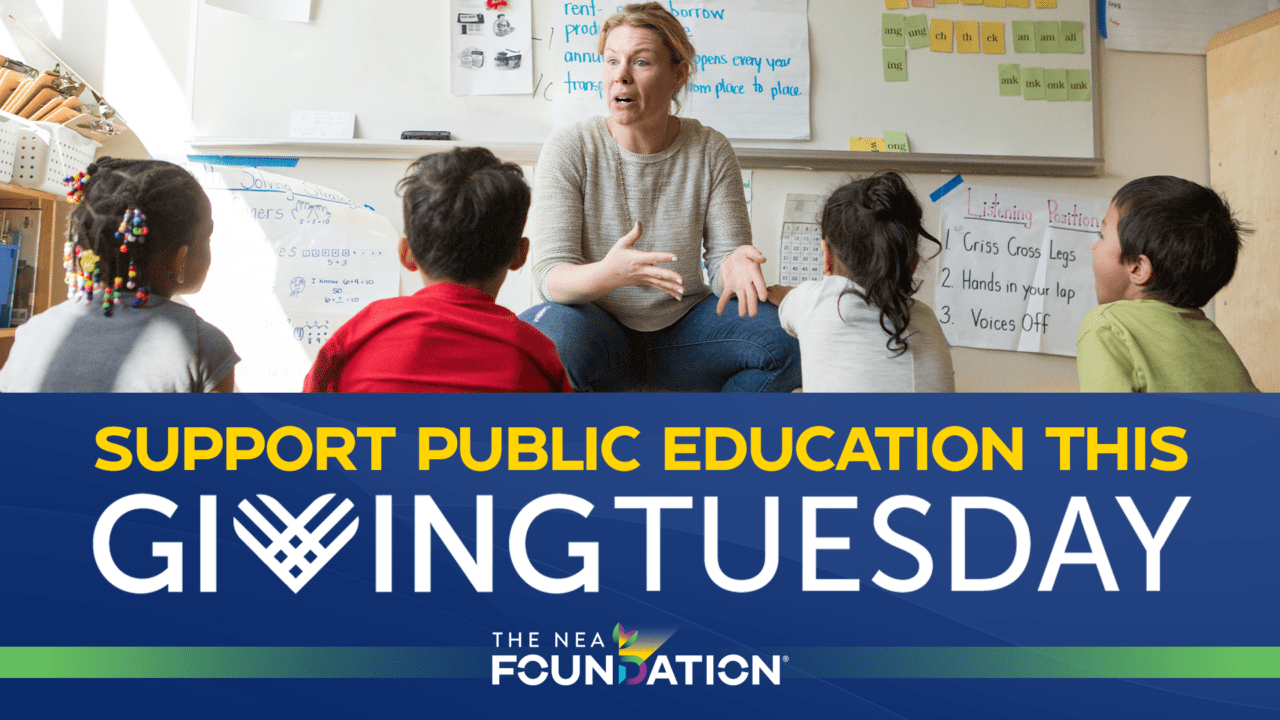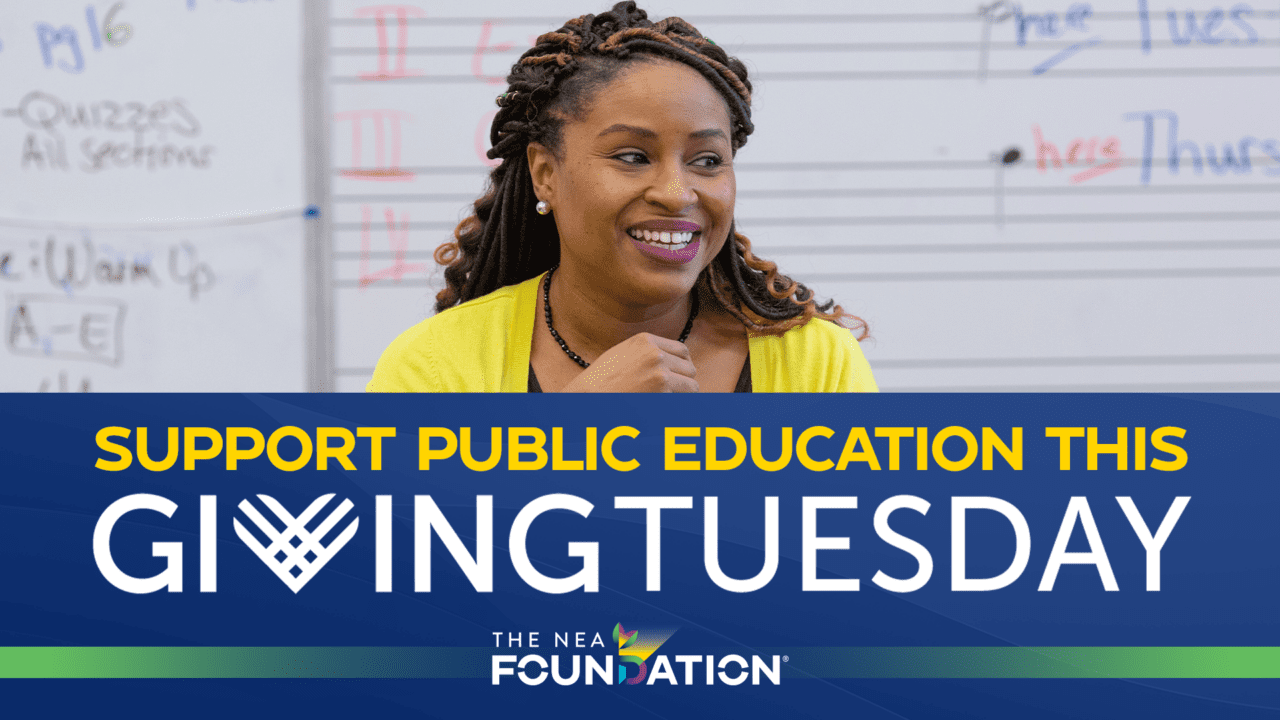In the latest episode of the Up Close Podcast with Sara Sneed, featured guest Natosha Daniels shared her thoughts about education policy, parent-led advocacy, and freedom dreaming.
Natosha Daniels spent 15 years as a science and special education teacher in Texas before joining the Great Resignation during the pandemic to become a doctoral student. She is now part of the Education Policy and Planning program at the University of Texas at Austin, where her research centers on collective grassroots organizing and Black parent-led movements, focusing on advocacy work that shifts power structures in education policy.
“As I moved on in my education career, as I moved into different positions and moved up, I realized that policy was the issue,” said Daniels. “First, they’re being written by people who have never taught. And second, usually the people at the table are not people that look like me or my children, and so even when it’s not intended to be, it is harmful.”
One thing that makes Daniels’ work so powerful is that she isn’t looking at her research subjects through the lens of an outsider. She is a mother of three, and an active member of the Black Parents and Families Collective (BPFC), a growing advocacy group that seeks to unify, mobilize, and uplift Black parents. The group shows up for one another when a member needs support and strives to shift power imbalances by pursuing opportunities to occupy seats of power, particularly in contexts that influence local education policy and practices. BPFC also builds community through family-friendly gatherings such as barbecues and yoga in the park. Group members currently make up nine percent of their school district.
In her conversation with Sara, Daniels also discusses some of the threats to public education that are prevalent today and how they connect to other oppressive practices like voter suppression. She explains how, for marginalized families, attacks on public education are especially threatening.
In the face of these challenges, Daniels is intentional about maintaining a practice of hope. She draws inspiration from the book Freedom Dreams by Robin G. Kelly.
“When I think about the situation that we are in, it’s very hard to stay hopeful. But when I think about what freedom dreaming actually does, by allowing us to think outside of constraints, allowing us to think about building worlds that we never thought possible, I think there’s hope in that.”

